Taking Responsibility for your Own Vulnerability
Usually around the holidays, I start to see many posts reminding us to: “check on your strong friends”. While this is true, and I agree with the idea, I can’t help but express my thoughts around this well-intended statement.
Each time I read the posts, I find it hard to ignore the implication behind them. “‘What implication?’ you ask? The implication is that the presumed responsibility of “checking on your strong friends” can, at times, inadvertently absolve them from taking responsibility for powerful elements and aspects of their own development, particularly: vulnerability.
Vulnerability is what strong friends are used to experiencing from their friends and countless others. But, the irony is that the “others” don’t get the opportunity to see that side of them. Furthermore, strong friends (or those who find identity here) may find the idea of being vulnerable as weak or may assume an identity of failure in the perceptions of those for whom they have been strong. However, I believe in the vulnerability of the strong friend! I believe that vulnerability is a powerful tool in assessing true strength and health – of character and the relationship or friendship. To truly be strong is to be vulnerable. In a society that often frames vulnerability as a deficit, a weakness, or with “being soft”, I have found that those who embrace vulnerability possess tremendous courage and find their capacity to engage with their own emotions in a new way. My philosophy is this: every human being deserves spaces to be vulnerable – that they might know their truest strength.
However, how we activate and engage vulnerability is just as powerful as who we engage in it with. When we wait for others to put their key in our ignition, we leave our empowerment and agency in their hands. In essence, we learn to be helpless in vulnerability. But, I have ways to help you practice vulnerability!
You see, vulnerability is that process of making aspects of our lives that we regularly keep out of the awareness of others visible. Hmm! Maybe that’s why we often feel unseen because we have not adequately embraced practices to make ourselves visible when it’s safe to do so. It’s not everyone else’s responsibility to take their flashlight and search the darkness in our soul – it’s ours. What am I saying? Vulnerability is a matter of personal responsibility and we must stop making our personal healing, the responsibility of our loved ones.
Are you ready to practice? Are you ready to engage vulnerability and experience perpetual wins in areas of your social and emotional wellness? If so, review a few recommendations below that will get you moving in the lifestyle of being vulnerable.
Ten Ways to Take Responsibility for Your Own Vulnerability
Check-In: Initiate the convo! Don’t wait to be called, make the call.
Don’t play mind games! Pour your heart out.
Use first-person language.
Say what you need.
Express your wants! This doesn’t mean you will get everything you want, but something is better than nothing.
Do to others as you have learned they do with you: OPEN UP.
However there are some things to look out for that may hinder you from fully embracing your vulnerability. At times, vulnerability can lead to seeking to engage in self-preservation - a natural, protective instinct. In order to nurture our vulnerability and counteract self preservation, here are some things to avoid:
Avoid gaslighting or manipulating others into questioning their own reality.
Avoid invalidating the experiences of others while seeking to gain your own sense of validation and identity as one who practices vulnerability. Remember being vulnerable may be extremely unfamiliar, even terrifying. Associated with this fear is defensiveness and easily detours away from the destination of wholeness that vulnerability leads us to.
Be grace-filled toward yourself and others involved. People may not always say the right thing in response to your vulnerability
Avoid blame and using guilt to “twist” the other person into an action that only benefits you.
Remember, vulnerability does not equate to weakness, but strength. Vulnerability is not for “weak friends”. Vulnerability is for everyone – including the strong friends. It requires the same bravery, humility, and patience, and it is worth being shared – a shared responsibility – among those who call themselves friends.
Meet Dr. Zerek Mayes
Dr. Zerek Mayes is a Licensed Clinical Social Worker with a Doctorate of Education who emphasizes holistic wellness. Specializing in individual, couples, and group therapy, Dr. Mayes has worked extensively with children, adolescents, and families struggling with various mental health issues in private practice and institutional settings. He also provides consultation services to schools and agencies on how to advance social justice, combat educational inequities, and better support students' social-emotional needs.


